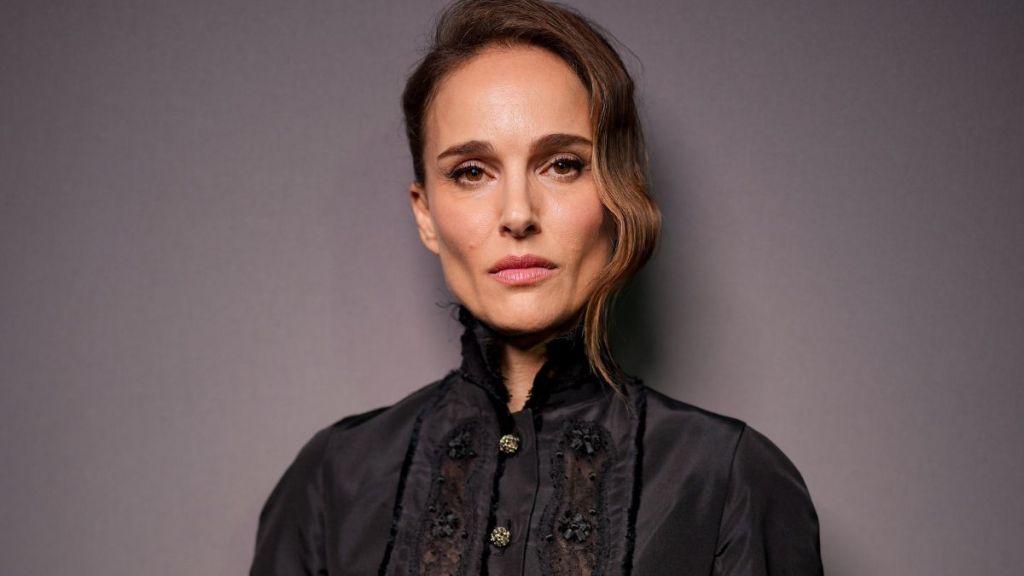Natalie Portman has amassed a successful career in acting over the years, having delivered critically acclaimed performances in “Closer,” “Jackie,” and “Black Swan.” However, her journey growing up in the industry was not always a smooth sail. In a conversation with Interview Magazine, Portman recalled being sexualized in the movies at a young age.
Natalie Portman revisits being sexualized as a child star
Natalie Portman recently sat down for a chat with Interview magazine, getting candid about her experience in the industry. The Oscar-winning actor engaged in an interesting conversation with Jenna Ortega. At one point, Portman recalled her unpleasant days when she was sexualized at a young age for the movies.
Portman made her debut at the age of 13 in the action-thriller “Léon: The Professional.” However, the actor faced a difficult time right from her early days when she wanted to avoid unwanted attention. She stated, “I think there’s a public understanding of me that’s different from who I am. I’ve talked about it a little before—about how, as a kid, I was really sexualized, which I think happens to a lot of young girls who are onscreen.”
Recalling how she felt “very scared by it,” Portman added, “Sexuality is a huge part of being a kid, but I wanted it to be inside of me, not directed towards me.” The 43-year-old star also expressed that she decided to protect herself by creating an image of a “serious,” “studious,” and “smart” girl. She wanted to be the kind of girl who won’t be attacked, and it worked in her favor.
Previously, Portman had said that the first fan mail she received was a sexual fantasy written by a grown man. Moreover, she faced a creepy countdown on her 18th birthday on the radio, celebrating her legal age for sex.
According to TIME, the actor has also mentioned at the Women’s March about reviewers highlighting her “budding breasts.” She talked about developing an understanding “very quickly” that even if she were to express herself sexually at the age of 13, she “would feel unsafe and that men would feel entitled to discuss and objectify” her body to her “great discomfort.” However, she came to the terms that her discomfort and sexualization were not her fault. Moreover, she is “someone worth of safety and respect.”








